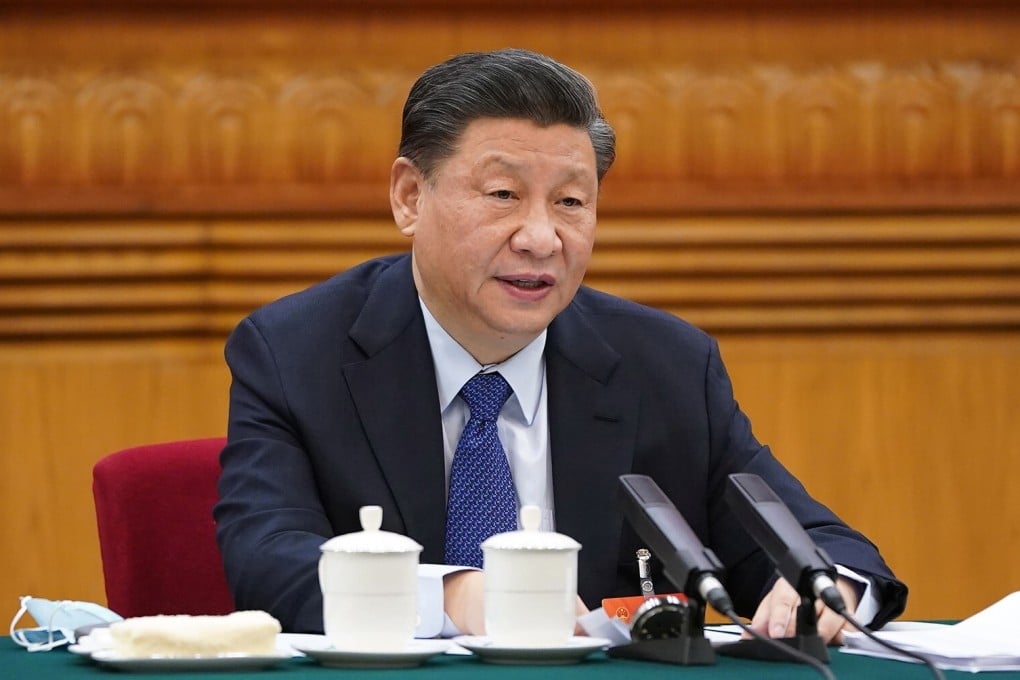Xi Jinping tells G20 ‘developed countries’ should lead on global emissions
- Developed nations should ‘fully accommodate the special difficulties’ of developing countries in global effort to reduce emissions, Chinese leader says
- China has the world’s second-largest economy and highest carbon emissions, but it remains a developing country under UN criteria

“Developed countries should set an example on the issue of emission reduction, fully accommodate the special difficulties and concerns of developing countries, implement climate financing commitments, and provide support to developing countries in terms of technology and capacity building,” Xi said.
China, based on United Nations’ criteria of per capita income, remains a developing country even as it has grown to become the world’s second largest economy. It also has the highest carbon emissions of any nation.

02:40
China pledges US$232m to world biodiversity conservation at COP15 conference in Kunming
The comments – a transcription of which appeared in Chinese state media – came amid reports that China, along with India and Russia, was blocking progress towards a climate deal, and ahead of what promises to be a tricky day of talks on the topic on Sunday.
“I pushed a bit on that – ‘25 would be better than 2030’. But then I wouldn’t say he committed on that,” Johnson said en route to Rome, referring to a telephone call he held with Xi on Friday.
“The other point where I was evangelical was the potential to move away from coal. [Xi] said, ‘China depends on coal for our domestic economy’ and I said the thing you’ve heard me say so many times – about the UK moving away from 80 per cent dependence on coal to 1 per cent today,” the British newspaper quoted Johnson as saying.